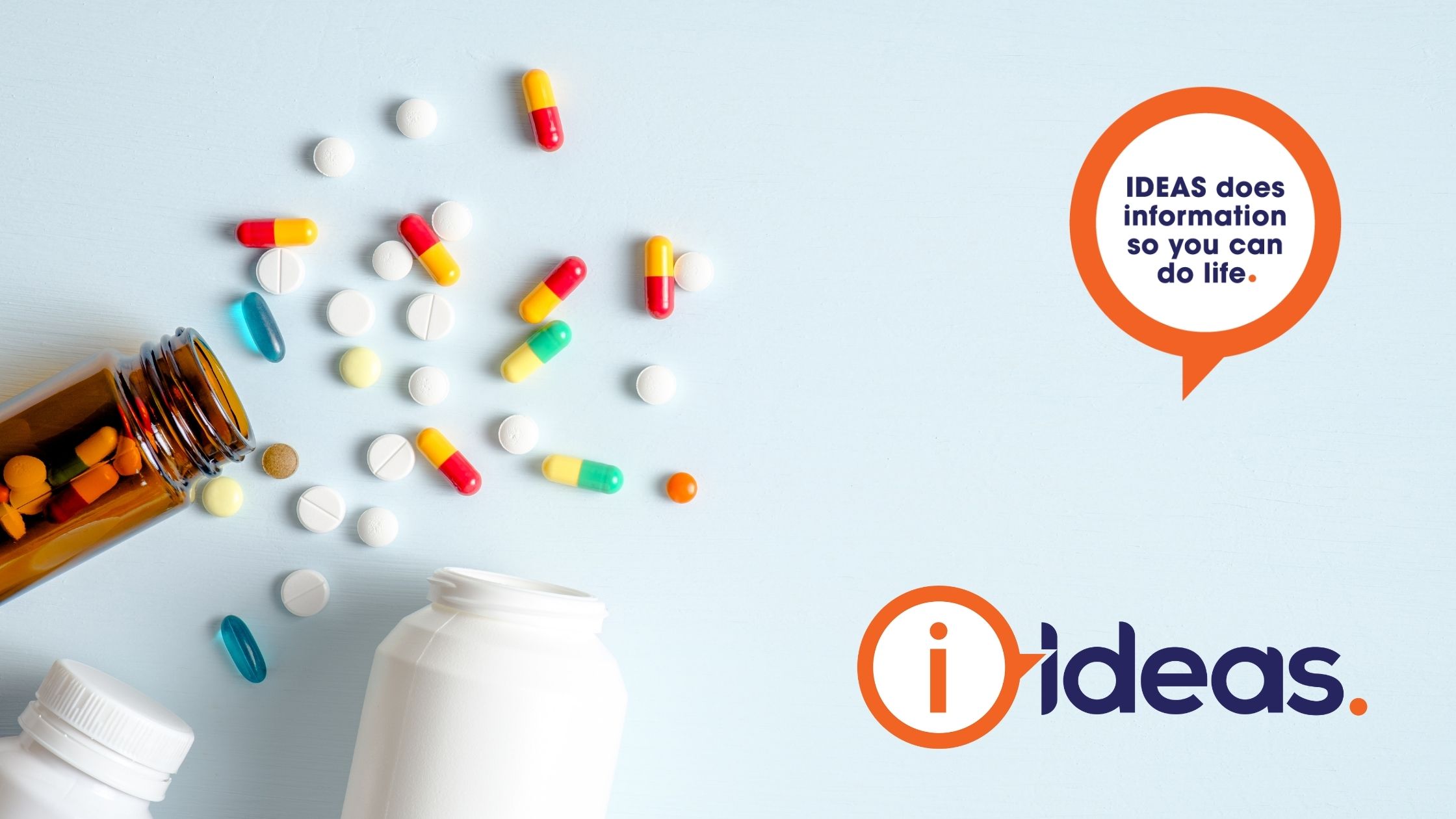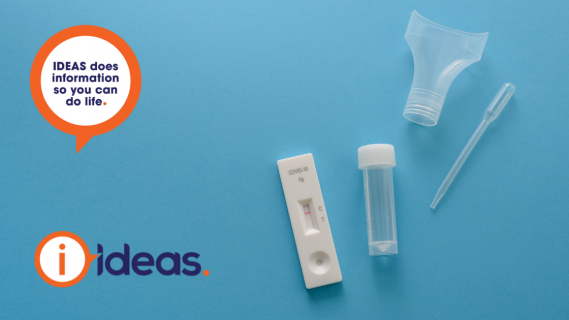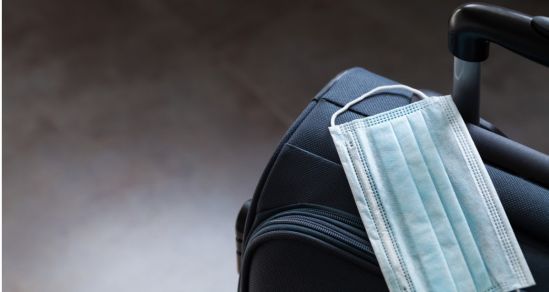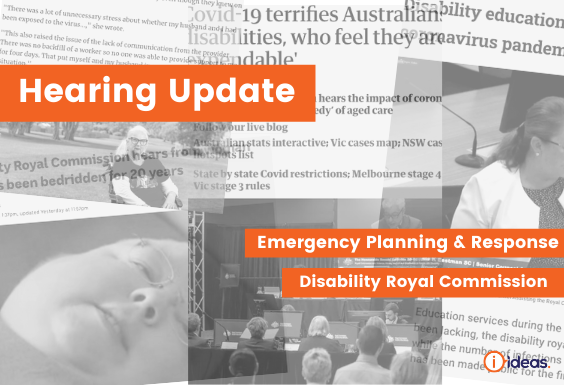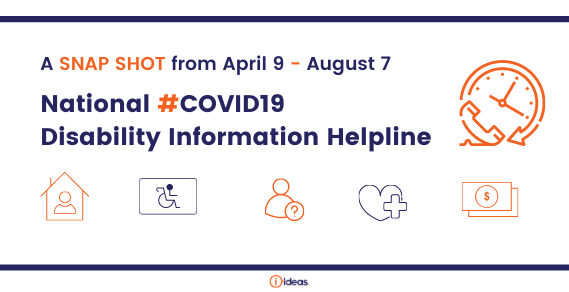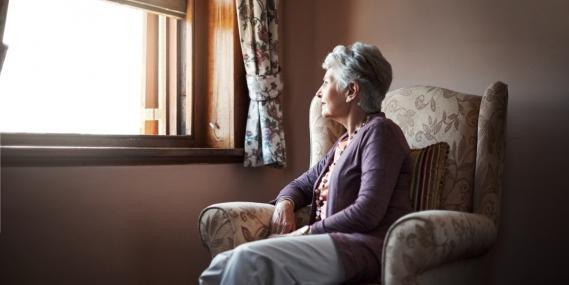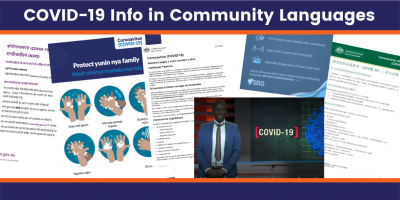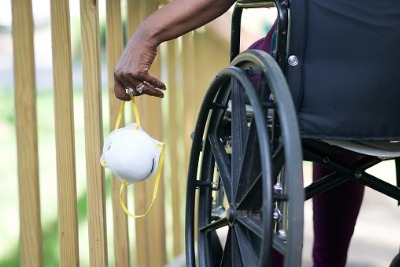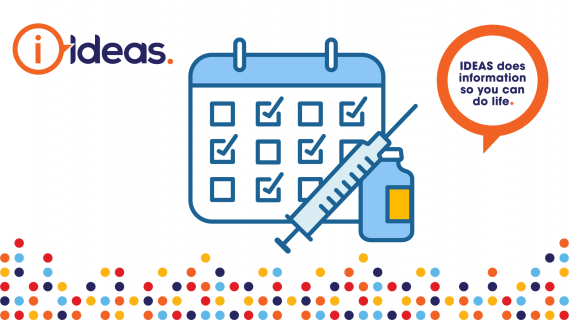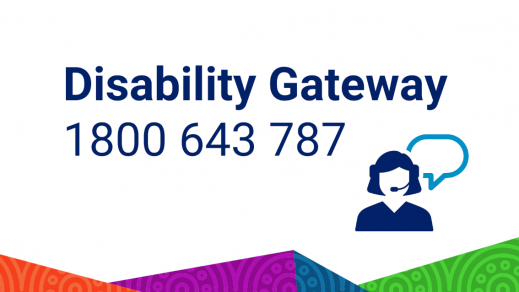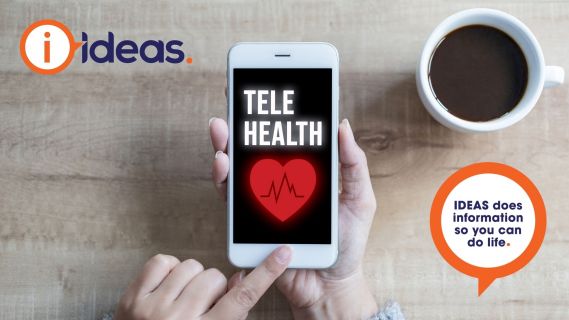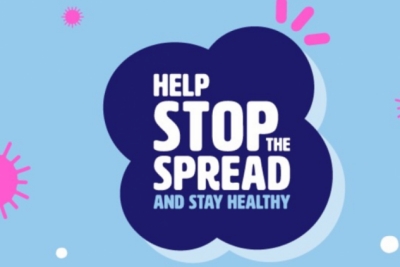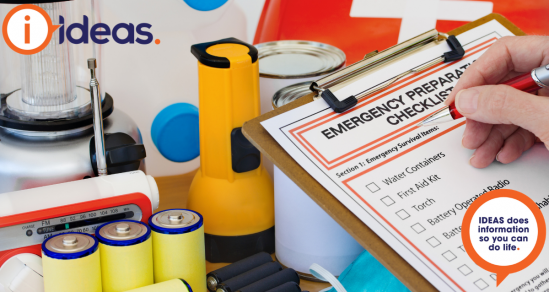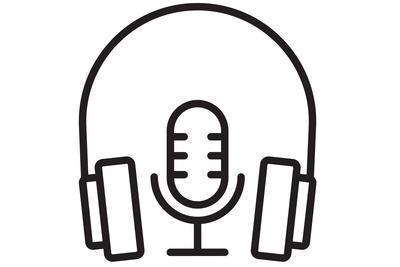If you need medication, changes have been made available to help you be able to “Stay at Home”. From appointments to prescriptions and getting medications, we outline the supports that are available to help you.
Skip to
TelehealthPrescriptionsHome Medicines ServicePharmacy Home Delivery MedicationsDiabetesAsthmaFacemasksTelehealth
Medicare support at home.
In order to provide continuous access to essential primary health services during the coronavirus pandemic, Medicare-subsidised telehealth appointments for all Australians were announced by the Australian Government.
Australians are now able to access support in their own home using their telephone, or video conferencing to connect with a range of health consultation services such as General Practioner services, mental health treatment, chronic disease management, Aboriginal and Torres Strait Islander health assessments, services to people with eating disorders, pregnancy support counselling, services to patients in aged care facilities, children with autism, after-hours consultations and nurse practitioners. These services will remain free to patients until at least 30 September 2020.
Read our blog on Telehealth for more information.
Prescriptions
If your medical practitioner cannot give you a printed copy of your prescription in person, and you are using a telehealth appointment, they can send it to you or your pharmacist directly electronically.
Once you have your scripts, there are multiple options for delivery. Some small local pharmacies, particularly in regional areas may offer free home delivery to vulnerable customers. Check with your pharmacy for details on whether they provide this service.

Home Medicines Service
The Home Medicines Service supports the use of home delivery options available through pharmacies for patients to have their Pharmaceutical Benefits Scheme (PBS) and Repatriation Pharmaceutical Benefits Scheme (RPBS) prescriptions delivered to their homes.
This service allows for one delivery a month, which must contain a PBS medicine or an RPBS medicine at least. It can include other items in the order. Further information is available at COVID-19 National Health Plan – Home Medicines Services information for consumers.
The Home Medicines Service is available from participating pharmacies across Australia. You can contact your local pharmacy to find out more.
Pharmacy Home Delivery
Australia Post has added a delivery service for pharmacies to offer home delivery during the Coronavirus COVID-19 restrictions (until 31st March 2021) so that vulnerable community members can still access vital medications through the postal network. Pharmacies across Australia can continue to serve the community during the Coronavirus pandemic.
Australia Post confirmed that the postal charge 'Up to 500g' rate of $7.77 matches the Australian Government's COVID-19 Home Medicines Service rebate for services and consumers meeting the program criteria. For larger, or more frequent deliveries, see Australia Posts Information for Patients.
Many local pharmacists will have local delivery services already in place so talk to your local pharmacy or chemist.
Medications
The National Prescribing Service (NPS) state during the COVID-19 pandemic, it's important to keep taking your medicines as usual. If you need to visit a hospital, it is good practice to have a list of your medications.
To keep track of your medicines, you can download the free MedicineWise app. This app can store a list of your medicines and general health information, schedule reminders and provide information on your medications. It also helps people who care for loved ones who use multiple medicines manage a list on their behalf. Download the free MedicineWise app from Google Play or the App Store.
The Therapeutic Goods Administration has information for consumers on
- Limits on dispensing sales
- Cautions on bulk purchasing medicines
- Medicine Shortages Information Initiative this site lists current critical and has a tab for anticipated medicine shortages
- All medicine shortages
It is always helpful to call your local pharmacy to check stock levels ahead and ask if they have an online ordering service. Some other options for purchasing medications
- The MedAdvisor App
- Chemist Direct (online with postage)
- Amcal (deliver)
- Blooms (online with postage)
- Pharmacy Direct (online and postage)
- Priceline Pharmacy App (click and collect)
- The Chemist Warehouse App(click and collect)
- TerryWhite Chemmart (Click and collect)
This Video from the Therapeutic Goods Administration has Tips for buying medicines and medical devices online.
Supply strain
Increases in demand have meant some community pharmacies have experienced a temporary strain on supply.
In some cases, limits have been set on dispensing and purchase of some prescription and over-the-counter medicines so that everyone can access what they need when they need it.
Pharmacists will be required to limit the dispensing of certain prescription products to one month's supply at the prescribed dose, and sales of certain over-the-counter medicines will be limited to a maximum of one unit per purchase.
Salbutamol inhalers (also known as Ventolin, Asmol and Airomir) provided on an over-the-counter basis will be subject to new enhanced controls, and pharmacists now have to confirm the patient's diagnosis.
Some medicines, including children's paracetamol products, were temporarily located behind the pharmacy counter. Dispensing limits still apply to children's liquid paracetamol.
Only one salbutamol (Ventolin, Asmol and Airomir puffers) or children's paracetamol paediatric product will be supplied per customer.
Other medications for high blood pressure, hyperthyroidism and even HRT have been in short supply due to global supply issues.
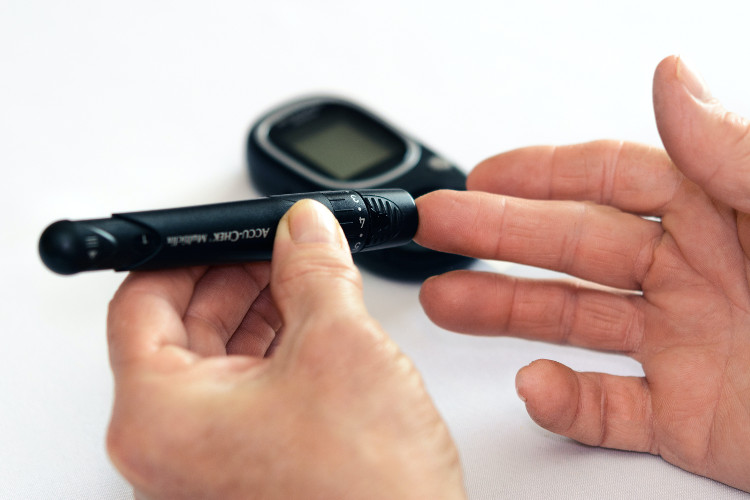
Diabetes and medications
Panic buying has increased the strain on medications for Diabetics and Asthmatics with delays on insulin and asthma medications.
For Type 2 Diabetics, the Australian Government has suspended the requirement for a Blood Glucose Test Strip (BGTS) Six Month Approval form to be completed by your doctor or diabetes educator.
People with type 2 diabetes that do not use insulin will not be required to have a form completed by a health professional to receive the subsidised access to BGTS.
If you have concerns about your supply of insulin you can call the National Diabetes Service Scheme (NDSS) Helpline on 1800 637 700.
Diabetes Australia has released important information on Being Prepared for COVID-19 and recommend the following basic actions.
- Doing your best to manage your blood glucose levels
- Having a sick day management plan in place
- Getting the flu vaccine
- Being generally prepared
See the full Diabetes Australia resource on Being Prepared for COVID-19.
Asthma and medications
Asthma Australia recommends people with asthma have access to at least 30 days of prescription medications. A blue or grey asthma reliever short-acting beta-agonist (SABA) puffer contains 200 metered doses with most preventers designed to last at least one month. The use of a spacer will provide maximum benefit from the medication if used with a metered-dose canister.
People with asthma are warned not to stop their prescribed inhaled corticosteroid preventer medication. They are also urged to continue using their prescribed oral corticosteroids to manage severe symptoms. Stopping inhaled corticosteroids often leads to the worsening of asthma, and avoiding oral corticosteroids during acute asthma attacks may have serious consequences. Long-term oral corticosteroids are sometimes be required to treat severe asthma, and it can be dangerous to stop them suddenly. Asthmatics should always discuss with their doctor or nurse before stopping any asthma medication.
Asthma Australia is reminding people with asthma to get their flu vaccination early.
The National Asthma Council also have prepared Resources on COVID-19.
If you have general questions related to COVID-19, contact the Australian Government Department of Health's Coronavirus Health Information Line 1800 020 080
Face masks
You can also purchase face masks from participating chemists online for delivery.
Read more: Facemasks and people with a disability

